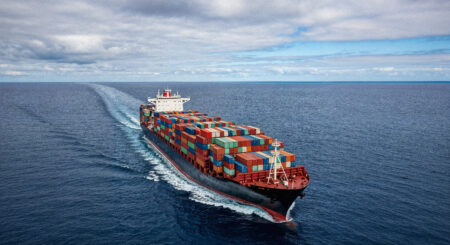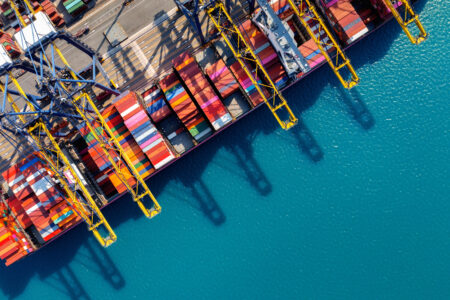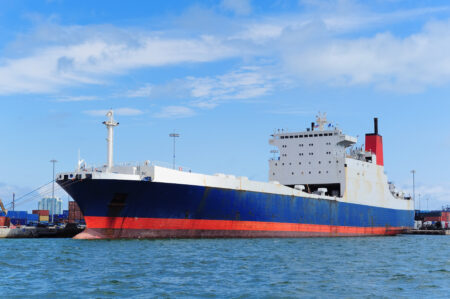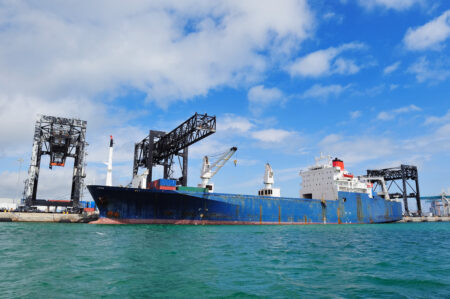Gard flags a 25% rise in seafarer deaths post-COVID; suicides now exceed fatal accidents at sea.
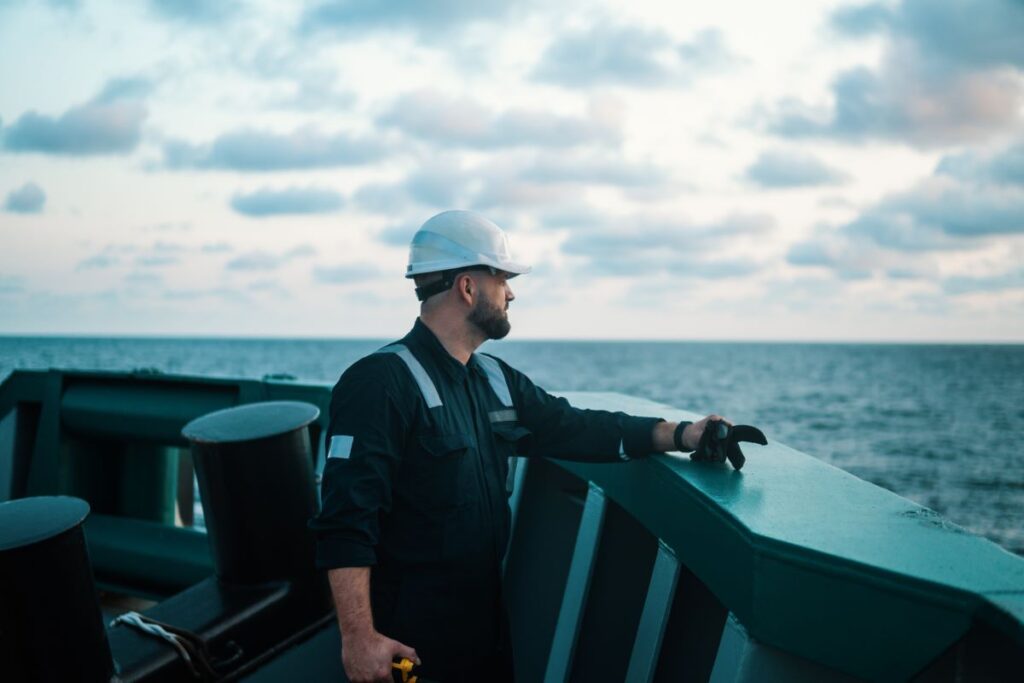
Marking the annual Day of the Seafarer, marine insurer Gard has released a sobering report highlighting a surge in crew deaths, particularly suicides, in 2024. For the first time, suicides among seafarers have overtaken fatal accidents, prompting urgent calls for the industry to prioritise mental and physical wellbeing on board.
Based on over 30,000 protection and indemnity (P&I) claims handled between 2020 and 2024 and responses from more than 6,000 seafarers, the report reveals a 25% spike in the frequency of crew death claims in the three years following the COVID-19 pandemic compared to the three years before it.
In 2024 alone, over 90 crew deaths were recorded. A staggering 83% were due to illness, often linked to chronic conditions worsened by life at sea. Alarmingly, 9% of deaths were suicides, surpassing fatalities caused by injuries (8%).
“This is a highly concerning development,” said Lene-Camilla Nordlie, Vice President and Head of People Claims at Gard. “While some stressors can be managed by the crew, many are structural issues that need the attention of shipping companies and authorities.”
Gard’s analysis found that stress is a contributing factor in 80% of illness-related claims, which themselves made up 60% of total crew claims. Common complaints included cardiovascular problems, abdominal pain, and back issues, all aggravated by poor nutrition, limited physical activity, and restricted access to medical care at sea.
The data also highlights disturbing patterns around suicide cases:
- 75% involved seafarers under 41
- Most were from both junior and senior officer ranks
- Suicides often occurred within the first three months of a contract
- Drowning and hanging were the most common methods
- None of the cases had reported mental health issues or negative feedback related to work
In many overboard incidents, Gard admitted it was difficult to determine whether the deaths were accidents or intentional, raising fears that suicides at sea may be underreported.
Among the ranks, Able-Bodied Seamen (ABs) reported the highest number of deaths (11), followed by masters and fitters (eight each) and chief engineers (five). Smaller crews also reported higher instances of sleep deprivation and chronic fatigue, adding to the mental and physical toll.
Christen Guddal, Chief Claims Officer at Gard, underlined the critical connection between well-being and operational safety: “Getting enough rest, having social support, and being part of a team – these all directly impact decision-making and situational awareness at sea.”
Rolf Thore Roppestad, CEO of Gard, called for a united response: “Seafarers are the backbone of global trade. Their health and safety must be treated as a top priority. By sharing this data, we aim to drive awareness and push for better support systems.”
This is Gard’s second Crew Claims Report, deliberately excluding COVID-19-specific claims to avoid skewing results. Yet even without the pandemic’s direct impact, the data paints a stark picture, one that demands urgent action from the global maritime industry.
Source: Seatrade maritime







